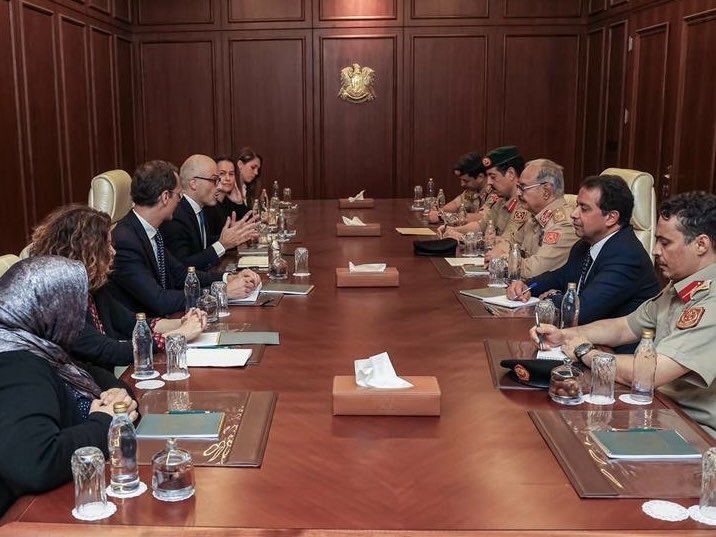In a significant geopolitical move, Russia has been intensifying its engagement in Libya, signaling Vladimir Putin’s ambition to expand Moscow’s influence in the region. This strategic maneuvering, centered around bolstering military cooperation with Khalifa Haftar, the leader of eastern-based forces, has implications for regional stability and global power dynamics.
Strengthening Military Collaboration
Russian Deputy Defense Minister Yunus-bek Yevkurov’s recent visit to Libya on May 31st marked a renewed commitment to enhancing the capabilities of Haftar’s forces. This visit underscores Russia’s strategic interest in the North African nation and its determination to solidify ties with key players in the Libyan conflict.
Polarized Political Landscape
Libya remains deeply divided between two rival administrations: the Government of National Unity (GNU) in Tripoli and Haftar’s administration in the east. Putin’s backing of Haftar aligns with Russia’s broader geopolitical objectives, including securing access to Libya’s rich oil resources and expanding its influence in the Mediterranean region.
Economic and Strategic Imperatives
Haftar’s quest for advanced military equipment and training from Russia reflects his desire to consolidate power and assert control over Libya’s vast territories. In return, Haftar offers Russia access to air bases, providing Moscow with a strategic foothold in North Africa. Libya’s geostrategic importance, coupled with its abundant natural resources, makes it a focal point in the intensifying global power competition.
Escalating Geopolitical Tensions
Russia’s deepening involvement in Libya has raised concerns among Western powers, particularly the United States and the European Union. The growing Russian presence in the Mediterranean could potentially undermine Western interests and disrupt regional stability. This geopolitical rivalry adds another layer of complexity to an already volatile situation in Libya.
Conclusion: Navigating a Complex Landscape
As Russia expands its footprint in Libya, the geopolitical dynamics in the region are undergoing a significant shift. The intensifying competition between Russia and Western powers underscores the strategic importance of Libya in the broader geopolitical landscape. It is imperative for the international community to closely monitor developments in Libya and seek diplomatic avenues to mitigate tensions and promote peace and stability in the region.






